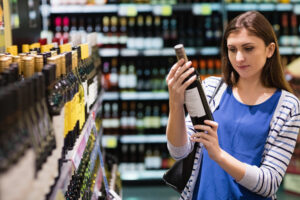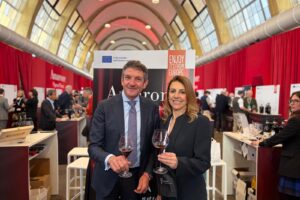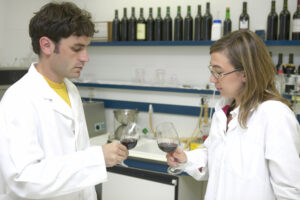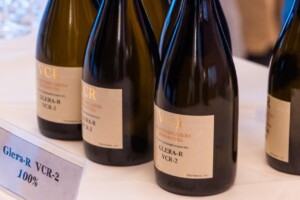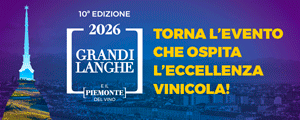If in Europe and Italy, the opposition to the introduction of “health warning” on alcoholic beverage labels by Ireland is growing, as we have reported here, and, although the Minister of Agriculture Francesco Lollobrigida has found an attitude “not hostile” by the Irish counterpart Charlie McConalogue, who, however, underlined how the Ministry of Health is responsible for the matter, while those in favor of the provision and its basic idea, namely that alcohol consumption tout court is harmful to one’s health, and not only abuse, continue to support their reasons. Ireland is in the lead.
So much so that, according to the Ansa agency, which cites “Irish diplomatic sources”, the process is going ahead. “The Dublin decision on health warning on alcohol labels follows a 2018 national legislation that anticipated the EU Commission’s very positive position on a similar measure in the Plan to Beat Cancer; thus, for us, the lack of opposition from part of Brussels represents another important step toward adopting these rules. We don’t have specific dates yet, but the government is working on it, and we will proceed”, the sources say. In Italy, on the other hand, following the pronouncements in favor of the way of combating abuse, but not against moderate consumption of wine by organizations such as the Italian Society of Toxicology and the Italian Society of Environmental Medicine, also arrives the clear statement from the Italian Society of Alcohology, “founded in Padua on 28 September 1979, on the initiative of a group of specialists (psychiatrists, gastroenterologists, coroners, hygienists, psychologists, oenologists, sociologists) who saw in the multidisciplinary approach the most suitable methodology for dealing with the complex problem of the relationship between man and alcohol”. “Unfortunately, science is being heavily criticized these days. In a recent conference promoted by Assoenologi - said Gianni Testino, hepatologist and national president of the Italian Alcohol Society - alcohol is associated with health. It is comprehensible. Not only for economic reasons, but also for reasons related to a long-held tradition, they lead to doubts about the scientific evidence on the relationship between alcohol and cancer. Such doubts are legitimate on the part of non-experts. They are not legitimate when the subjects appointed to disseminate and apply correct scientific information are involved. To defend one's beliefs and personal behavior, all available means and scientific information are used, diverting attention away from the main issue (alcohol and cancer). The ethanol contained in all types of alcoholic beverages promotes cancer. We are talking about this - says Testino - we cannot think that the scientific institutions of the world (International Agency for Research on Cancer, WHO, Institutes for research on cancer of Great Britain, USA, France, Germany, Australia, and Italy with the Superior of Health) are made up of people with disabilities. These institutions represent the position of the whole scientific community, after approximately 40 years of research, and not the individual researchers’ personal opinions. On the other hand, the data shows clear numbers - continues Testino - in 2020, 10,000 new cases of cancer were diagnosed wholly attributable to alcohol, of which only less than 4,000 were attributable to heavy consumption. All cases could be avoided with the correct information! For insiders, legitimate doubts are zero! On the other hand, the earth is not flat, and vaccines are useful!”. Yet another chapter of a story, therefore, that is clearly far from being over.
Copyright © 2000/2026
Contatti: info@winenews.it
Seguici anche su Twitter: @WineNewsIt
Seguici anche su Facebook: @winenewsit
Questo articolo è tratto dall'archivio di WineNews - Tutti i diritti riservati - Copyright © 2000/2026













